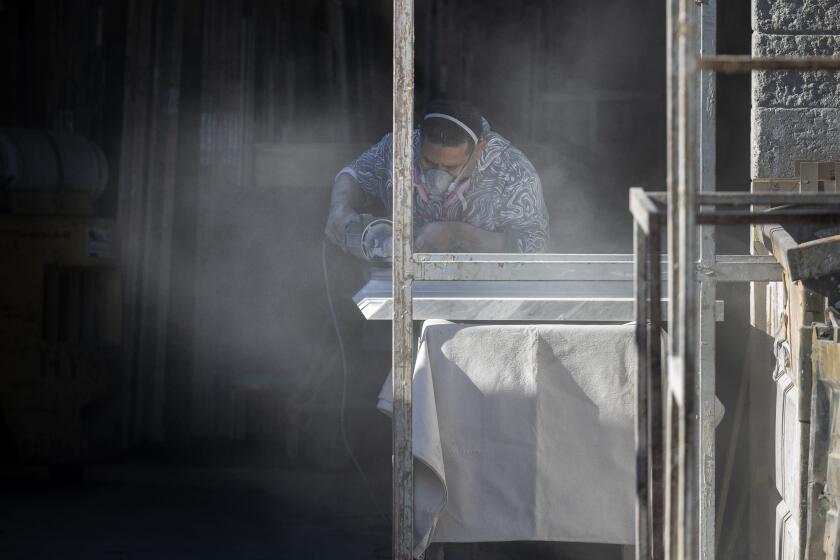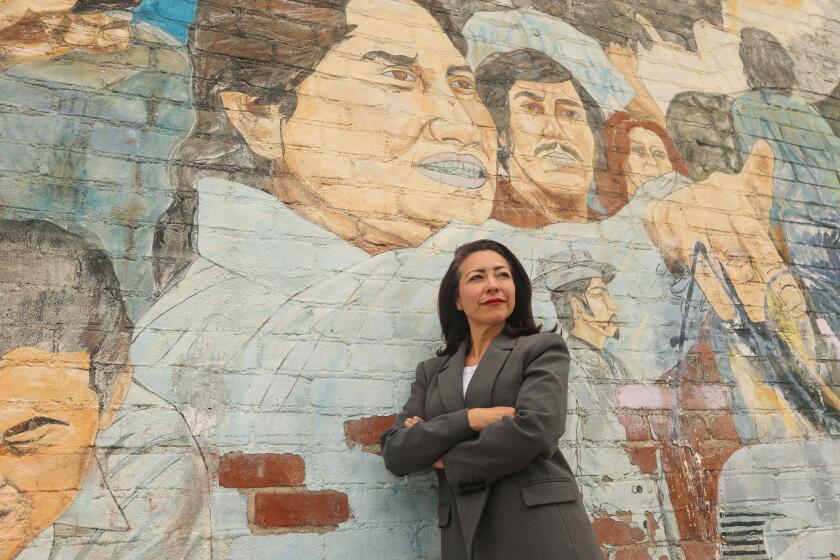State Supreme Court Upholds Sentencing Guidelines
The California Supreme Court upheld state sentencing guidelines Monday amid challenges that judges were unconstitutionally justifying steeper sentences based on elements not considered by juries.
Leaving the guidelines intact avoided what might have been the resentencing of thousands of prisoners. The decision was the third this year by California’s justices interpreting new precedents established by the U.S. Supreme Court in regard to sentencing, executing the mentally retarded, restrictions on the amount of damages juries can award and other issues.
In the 6-1 ruling, the justices said California’s sentencing guidelines, which allow judges to issue a range of sentences for many crimes, did not give judges too much power over the defendant or the jury. The high court heard the case after California’s lower courts issued conflicting rulings on how to apply recent U.S. Supreme Court precedent that had invalidated federal sentencing guidelines.
The current case concerned Kevin Black, a Tulare County child molester who challenged a 16-year sentence, the highest of three choices possible, for sexually molesting his preteen stepdaughter. The judge chose the high term instead of the middle range of 12 years or the lower sentence of six years on grounds that Black had abused his position of trust with the stepdaughter.
The court upheld that sentence, and another for 30 years imposed for other sexual misconduct on the stepdaughter and one of her friends.
The state Supreme Court said the trial judge, when issuing the highest term, did not base his sentence on a factual determination that he made by himself.
This is important because the U.S. Supreme Court has ruled it unconstitutional to require judges to increase sentences based on facts not decided by a jury even though a jury never determined that amount.
That would violate a defendant’s 6th Amendment right to a jury trial, the nation’s top court ruled. But to prevent retrying perhaps thousands of defendants, the U.S. Supreme Court changed course this year and said judges could increase terms based on facts not found by a jury, on the condition that judges were no longer obligated to do so.
More to Read
Start your day right
Sign up for Essential California for news, features and recommendations from the L.A. Times and beyond in your inbox six days a week.
You may occasionally receive promotional content from the Los Angeles Times.






